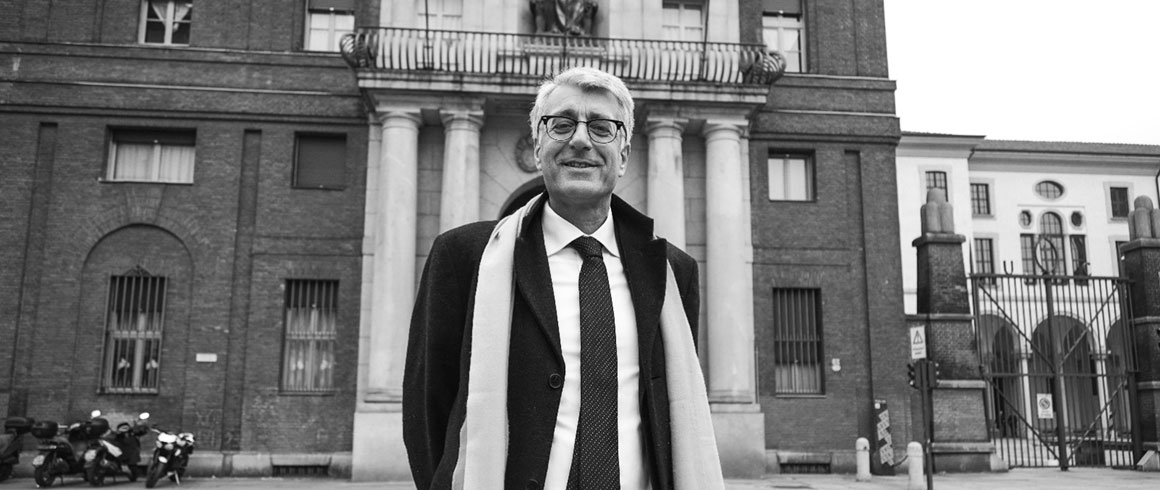Currently people's reactions to the feared Coronavirus epidemic are diverse. We switch from states of worry to panic, from calmly adopting the precautions suggested by the competent authorities to stockpiling for fear of running out of supplies. Emergency psychologist Fabio Sbattella gives some responses in order to try to contain the consequences of the situation and to foster positivity.
In this climate of hyper-information, how should we behave to avoid alarmism?
«First of all try to keep informed and immediately follow all updated authorised regulations. But at the same time it is advisable to reduce television and phones use as, after receiving the information it is essential to have time to reflect, process and live the information. It is important to also take the time to reinforce positive resources, relationships, the will to live and happiness. Otherwise this Coronavirus that generates anxiety invades our whole life and prevents us from reacting intelligently».
How do we explain the situation to a child?
«On these occasions children may ask: what’s happening? Should I be scared?
We shouldn’t respond, just as we shouldn’t respond to our inner child, by denying the facts with "don’t be afraid, nothing is happening".
We would lose credibility by insinuating the doubt that we are afraid of fear. Instead, we should explain 3 clear steps slowly (because it’s not urgent). Firstly: we actually do have a problem: there’s a tiny new creature in our lives that is going to places where it shouldn't be going and we want to stop it. Then we give two good pieces of news. 1) We know what the problem is and it is always better to know than not to know because in this way can all help each other to solve it. 2) As we are all intelligent humans we have excellent resources for solving the problem: ideas, means, people, tools, knowledge and past experiences. So let's roll up our sleeves and start working positively. It might take a while but let’s start doing something concrete, for example let's wash our hands more often».
Do you have any keywords to suggest that we could use when we’re overwhelmed with anxiety?
«Two things should be remembered in this emergency situation: human strength derives from the two sides to the brain. One predisposed to keep our feet on the ground, to analyse reality, and the other that is capable of great imagination.
Realism helps us understand the present and ask ourselves what the problem is, how difficult the problem is and what tools we have to deal with it. Imagination helps us to think about the future and to ask ourselves how long it will take and how will we be able to get out of the tunnel.
Obviously these two intelligences must always work together.
Realism without imagination is obtuse and hopeless. Imagination without realism generates catastrophic scenarios and mass hysteria».
In emergency situations, fear, anxiety and panic can break out. What are the differences?
«It is very important to technically distinguish fear, anxiety and panic.
By fear in psychology we mean a primary emotion that has always existed around the world to save our lives. It is fear that motivates us to act in the face of the danger response and creates a boost of energy. Some say that fear only materialises in the fight-or-flight response but this only happens in animals. Thanks to fear, human beings approach the danger to study it and, thus, satisfy their curiosity and the need to take control of it.
Anxiety is different; it is anticipatory fear that enables us to prepare ourselves for what we imagine. If it is temporary and not too serious it is useful because the problem of anxiety is that it doesn’t have an object to attack that can be reacted to.
Lastly, panic is a very rare reaction that blocks our rational due to excessive thoughts and excessive behavioural demands. In the various cases in which someone really panics you have to start from the beginning with basic gestures, such as breathing».





